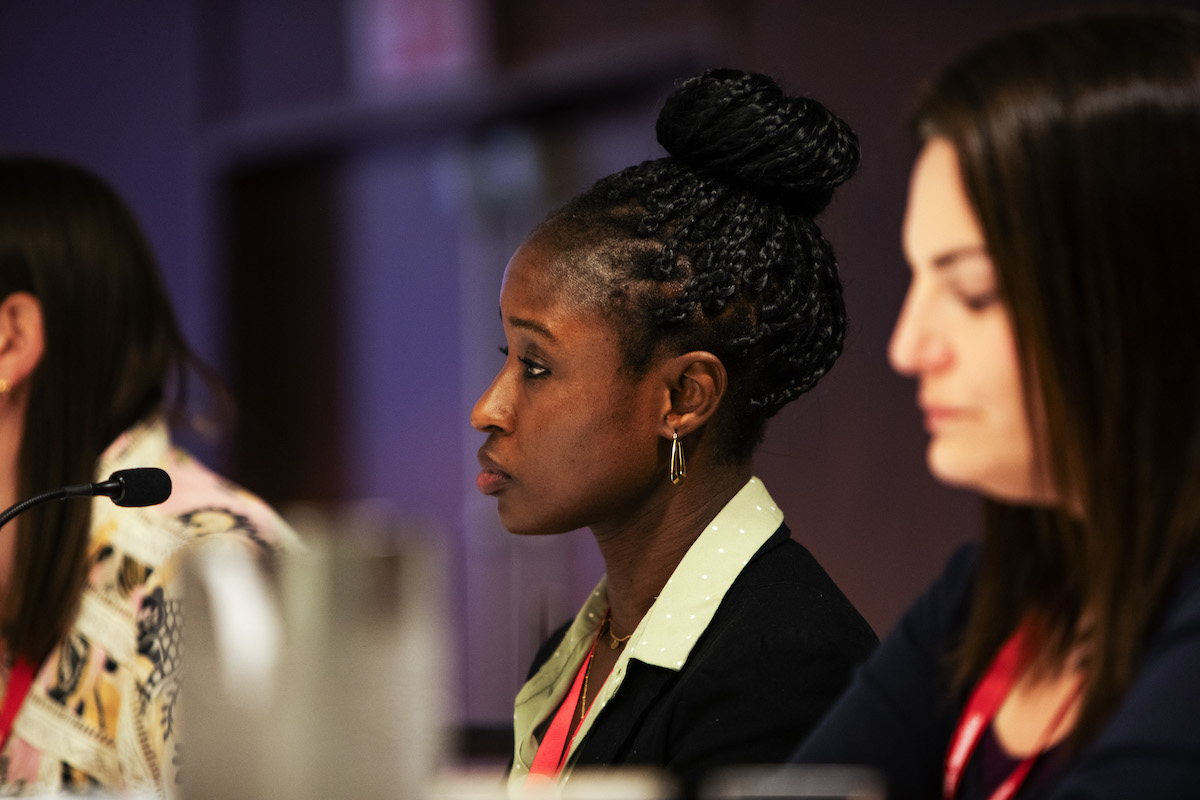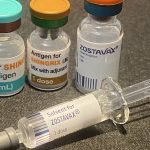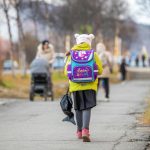By Sono Motoyama/American Cities Fellow
A panel at HJ24 unequivocally stated that gun violence is a public health issue and is properly “in the lane” of both health professionals and health journalists, as the title of the discussion indicated. This position refutes a 2018 National Rifle Association tweet that urged “self-important anti-gun doctors” to “stay in their lane” when it came to issuing reports on firearm injuries and deaths.
“When people are shot by a gun, there are pretty profound physical impacts — sometimes lifelong physical impacts — related to that,” said panelist Dr. Ruth Abaya, senior director at the Health Alliance for Violence Intervention, which seeks to address gun violence through hospital and community partnerships.
These injuries, which disproportionately affect Black and Brown communities, have an impact not only on the person who is shot, but have ripple effects on the person’s family, community and the health care system. The problem is therefore properly in the purview of public health.
A public health approach to gun violence requires reliable data. All three panelists commented on the lack of reliable data on gun violence and the many misperceptions of what gun violence is.

Jennifer Mascia, a senior news writer for The Trace, a news site that focuses on gun violence, noted that more than 50% of gun deaths are suicides, a fact largely unknown by the public and not often the subject of news reports. Reporters often cover gun violence as a crime, so when the focus is on homicides and mass shootings, “we are really only getting half the story — not even half the story,” she said.
The focus on mass shootings can lead to inaccurate perceptions of gun violence because these events, though traumatic, comprise only a very small fraction of gun deaths per year. There is also no common definition of what a mass shooting is, Mascia said, with media outlets and federal and state agencies defining it differently.
Jessica Beard is director of research for the Philadelphia Center for Gun Violence Reporting, which seeks to prevent gun violence by promoting better reporting practices. In her work as a trauma surgeon, she saw the effects of news reporting on her patients.
The “episodic narratives” — with no context about the person or situation — most often featured in crime reports dehumanize victims and sometimes include medical information that patients did not agree to reveal. Television stories that show the shooting may result in the victim reliving their trauma and harm their reputation.
The panelists suggested that reporters focus on humanizing narratives when writing about gun violence, and advised questioning police statements. They also recommended that news reports include a careful presentation of statistics (which can sometimes be misleading), and offer data-backed solutions and signs of hope. News reports might discuss root causes of violence, and the effects of structural racism. The Philadelphia Center offers this toolkit for better reporting on the topic.
Sono Motoyama is a freelance writer based in Memphis, Tenn.





